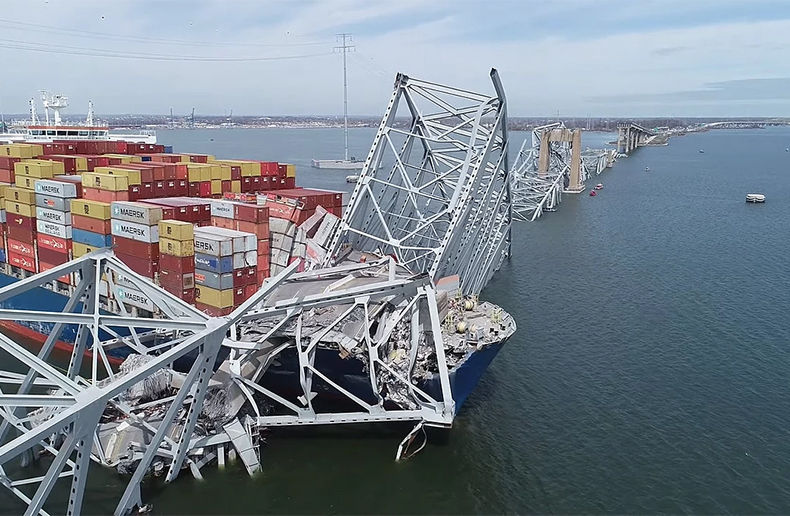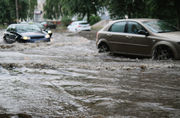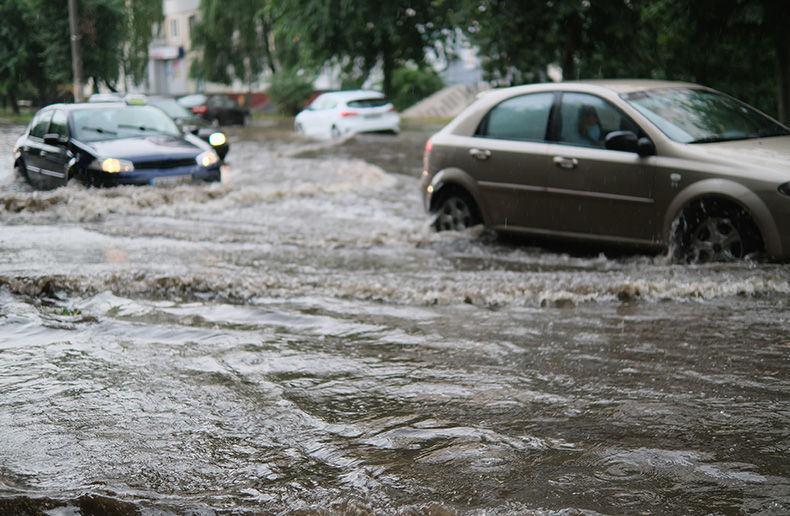In a recent podcast from the Canadian Institute of Actuaries (CIA), the outgoing and incoming chairs of the CIA’s climate change and sustainability committee discussed the evolving role of actuaries in insurance risk analysis, and the growing role actuaries will play in analyzing climate change risks going forward.
In the podcast, outgoing chair André Choquet, incoming chair Houston Cheng, and committee member Vincent Carrier-Côté also discussed the committee’s past successes, its goals for the future and the career development opportunities for those interested in this particular branch of actuarial science.
Started in 2014, the committee initially had a mandate to raise awareness of the impact of climate change on insurance companies and assets, and to highlight the role of actuaries in managing risks and developing climate change mitigation solutions.
Working with the likes of the Office of the Superintendent of Financial Institutions (OSFI), the Canadian Association of Pension Supervisory Authorities (CAPSA) and the Canadian Securities Administrators (CSA) – the actuaries are also collaborators on almost all climate change and sustainability papers produced by the International Actuarial Association, a recommended resource – the CIA last year also became a supporting member of the United Nations Environment Programme Finance Initiative, a consortium of banks, insurers and investors focused on developing more sustainable global economies.
For actuaries interested in working in climate change, the committee members say continuing education is needed. Some self-study is possible, but the field is constantly changing. “Actuaries who thought their studying years were over after actuarial exams may not want to apply here,” jokes Choquet.
He says he became his office’s environmental, social and governance (ESG) champion gradually. He adds that actuaries bring two attributes to climate and sustainability. “At the technical level, we’ve been doing complex scenario analysis, stress testing and model building since the dawn of insurance companies. Surely, we have something to say and do when it comes to greenhouse gas emissions, data management or climate scenario analysis,” he says.
“Secondly, our reputation as a trustworthy profession with a robust code of conduct, professional standards and the disciplinary process brings a rigour to a space that sometimes, to be frank, contains a bit of, a bit too much fluff or incomplete analysis.”
Going forward, the committee members say OSFI’s Guideline B-15 is going to create work for actuaries interested in climate science. But with multiple other regulators also issuing guidelines and guidance, “there’s a lot of reasons why we ought to consider and be on top of climate change and climate risk,” Cheng says.
“This is our skillset,” he adds. “I think we have a key role to play, especially in our traditional areas of practice, whether we practise in insurance, be it property and casualty (P&C) or life and health, as well as pension and investment. This is our bread and butter, and this is where we need to know how climate impacts our work.”















